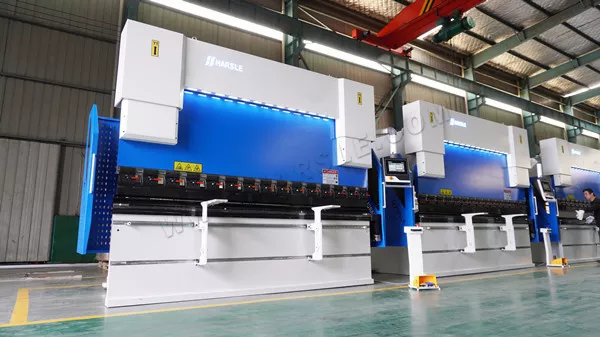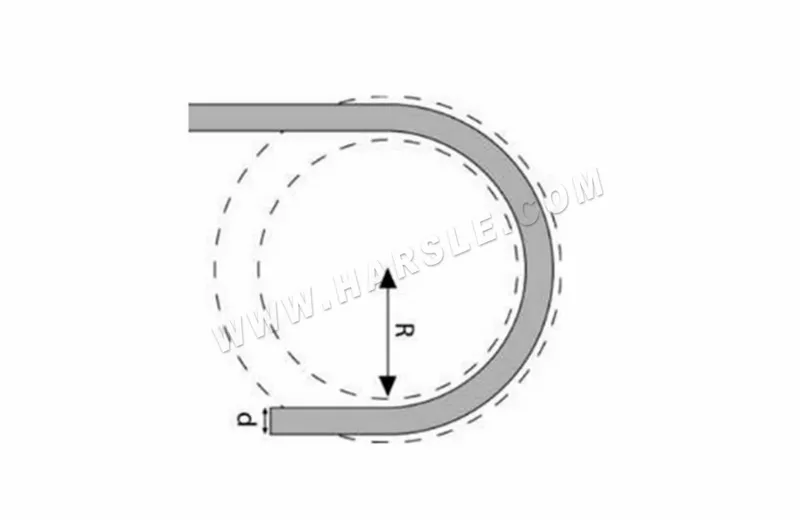Press Brake Bending Calculator

In my work with press brakes, I have found that using a press brake bending calculator can significantly streamline the bending process and improve accuracy. These calculators are invaluable tools that help determine the optimal settings for bending various materials, ensuring precise angles and dimensions. Understanding how to effectively use a press brake bending calculator has allowed me to minimize errors and enhance productivity in my projects. In this article, I will explore the benefits of using a press brake bending calculator, sharing insights on how it can help operators achieve consistent and high-quality results in metal fabrication.
Press Brake Bending Calculator Introduction:
A Press brake bending calculator is a tool used to calculate the necessary parameters for bending a sheet metal part on a press brake machine. The parameters that can be calculated include the bend allowance, bend deduction, outside setback, and inside setback. Press brakes are an essential tool in the metalworking industry, used to bend and shape various types of metal sheets and plates. The bending process involves applying force to a sheet or plate to form a bend, which is achieved by pressing the material between a die and a punch. To ensure a successful bending process, it’s crucial to calculate the required tonnage, bend allowance, and bend deduction accurately. A press brake bending calculator is a useful tool that helps determine these parameters and ensures a precise and efficient bending process. In this article, we will provide an in-depth explanation of press brake bending calculators and their functions.

What is a Press Brake Bending Calculator?
A press brake bending calculator is a software tool designed to calculate various parameters related to the bending process of a press brake. The calculator considers factors such as material thickness, bend angle, bend radius, and tooling to determine the required tonnage, bend allowance, and bend deduction. These calculations are essential in ensuring that the press brake can handle the material and produce accurate bends.

How Does a Press Brake Bending Calculator Work?
The working principle of a press brake bending calculator is relatively simple. The software takes the inputs provided by the user, such as the material thickness, bend angle, and radius, and uses them to perform the necessary calculations. The calculations are based on formulas derived from the material properties and the press brake’s tonnage and tooling capabilities. The calculator then provides the required tonnage, bend allowance, and bend deduction for the specific bend. These values can then be used to adjust the press brake settings and achieve the desired results.

Types of Press Brake Bending Calculators:
There are several types of press brake bending calculators available, each with its unique features and capabilities. Some of the most common types include:
1. Online Press Brake Bending Calculators: These calculators are web-based and can be accessed from any device with an internet connection. They are easy to use and provide quick results, making them popular among small to medium-sized businesses.

2. Offline Press Brake Bending Calculators: These calculators are standalone software programs that can be installed on a computer or mobile device. They offer more advanced features than online calculators, such as the ability to save and print calculations, making them ideal for larger businesses or manufacturing facilities.

3. Manufacturer-Specific Press Brake Bending Calculators: These calculators are designed and provided by press brake manufacturers to ensure that their machines are used correctly. They are tailored to the manufacturer’s specific press brake models and take into account the machine’s unique features and capabilities.
Key Parameters Calculated by Press Brake Bending Calculators:
Press brake bending calculators are used to determine the key parameters required for the accurate bending of sheet metal, such as the bend allowance, bend deduction, and bend radius. These parameters ensure the final product meets the required specifications and tolerances. Here’s a brief explanation of each of these parameters:
1. Bend Allowance: This refers to the amount of material required for a bend to take place. It is determined by the thickness of the material, the angle of the bend, and the radius of the bend.

2. Bend Deduction: This parameter represents the amount of material that is removed from the total length of the sheet metal to account for the bending process. It is determined by the thickness of the material, the angle of the bend, and the radius of the bend.

3. Bend Radius: This parameter refers to the inside radius of the bend. It is determined by the thickness of the material, the angle of the bend, and the bend allowance.

In addition to these parameters, press brake bending calculators may also provide other important information, such as the minimum flange length and the minimum distance between bends. By accurately calculating these parameters, press brake operators can ensure that their bending process produces high-quality, precision components that meet the required specifications.










What is the point of creating this without referencing any programs?
you can check the link on the page or the picture, then you will find the calculator
you can also visit by this link:
https://www.harsle.com/bending-force-calculator/